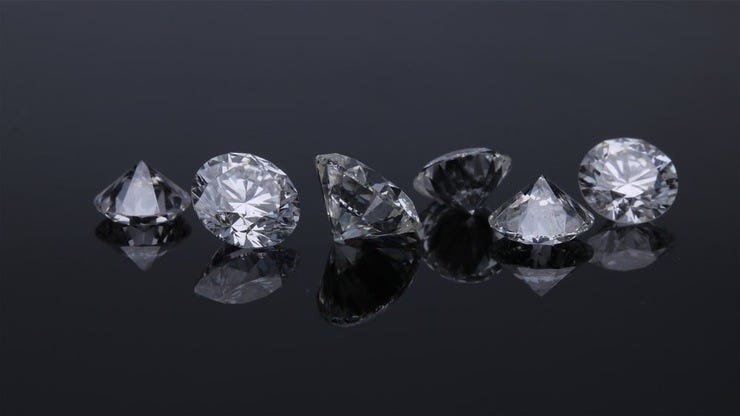Mental Models - Scarcity Bias 💎
Issue #41
I got to thinking about scarcity bias last week when I saw people clamoring to get the covid-19 vaccine in some parts of the USA. Polls suggest willingness to take the vaccine has been on the rise. I wonder if scarcity bias might be one of the contributing factors?
Here's a quick post on what scarcity bias is, and why you should keep it in mind.
What is scarcity bias?
I like Robert Cialdini’s definition:
When an object or resource is less readily available, we tend to perceive it as more valuable.
Simply put, we place more value on things that we think are scarce, and less value on things that we think are abundant.
This story from Cialdini's classic book - Influence, is a great case study of the concept:
A home vacuum-cleaner operation I infiltrated instructed its sales trainees to claim, “I have so many other people to see that I have the time to visit a family only once. It’s company policy that even if you decide later that you want this machine, I can’t come back and sell it to you.”
... As the company sales manager impressed on his trainees, the true purpose of the can’t-come-back claim has nothing to do with reducing overburdened sales schedules. It is to “keep the prospects from taking the time to think the deal over by scaring them into believing they can’t have it later, which makes them want it now.
Why is this interesting?
It's well worth being aware of scarcity bias. Marketers and sales people love exploiting this.
Amazon exploits it particularly well, check out some of the ways in this screenshot:
There are many places scarcity bias is being triggered. In the days when we used to mingle in public, it's the long line outside of the empty nightclub, in the days where we used to travel, it's the airline telling you "2 seats left at this price".
It's that "friend" who was particularly enamored with the love interest that didn't immediately return their phone calls. Beware scarcity bias!
It's worth remembering - just because something is scarce, it does not mean it is necessarily valuable...
Want to go deeper?
😂 Did this one remind you of FOMO (fear of missing out)? And have you heard of JOMO?
📖 Influence, The Psychology of Persuasion is a classic book.
💎 This is a great write up on how De Beers manipulated supply and demand to make diamonds "appear scarce and inherently valuable" to drive their market.
I have to include this story from a voyage of Captain Cook:
In the 18th century, the specter of scurvy—a disease caused by a lack of vitamin C—loomed over every long distance sea voyage. Cook, however, managed to keep all three of his expeditions nearly scurvy-free. This was partially because of his obsession with procuring fresh food at each of his stops, but many have also credited his good fortune to an unlikely source: sauerkraut.
While Cook didn’t know the cure or cause of scurvy, he did know that the nutrient-rich pickled cabbage seemed to keep the disease at bay, so he brought several tons of it on his voyages.
His only problem was getting his crew to eat it. To trick them, Cook simply had sauerkraut “dressed every day” for the officers’ table. When the enlisted men saw their superiors eating it, they assumed it was a delicacy and requested some for themselves.
In this case, scarce was actually valuable!
🧠 Build your latticework! Revisit related mental models:
Got comments?
📧 Reply to this email
🐦 Tweet @juliaclavien
Thanks for reading MM Weekly. If you enjoy this newsletter, you can support it by 👉 sharing it with a friend.




